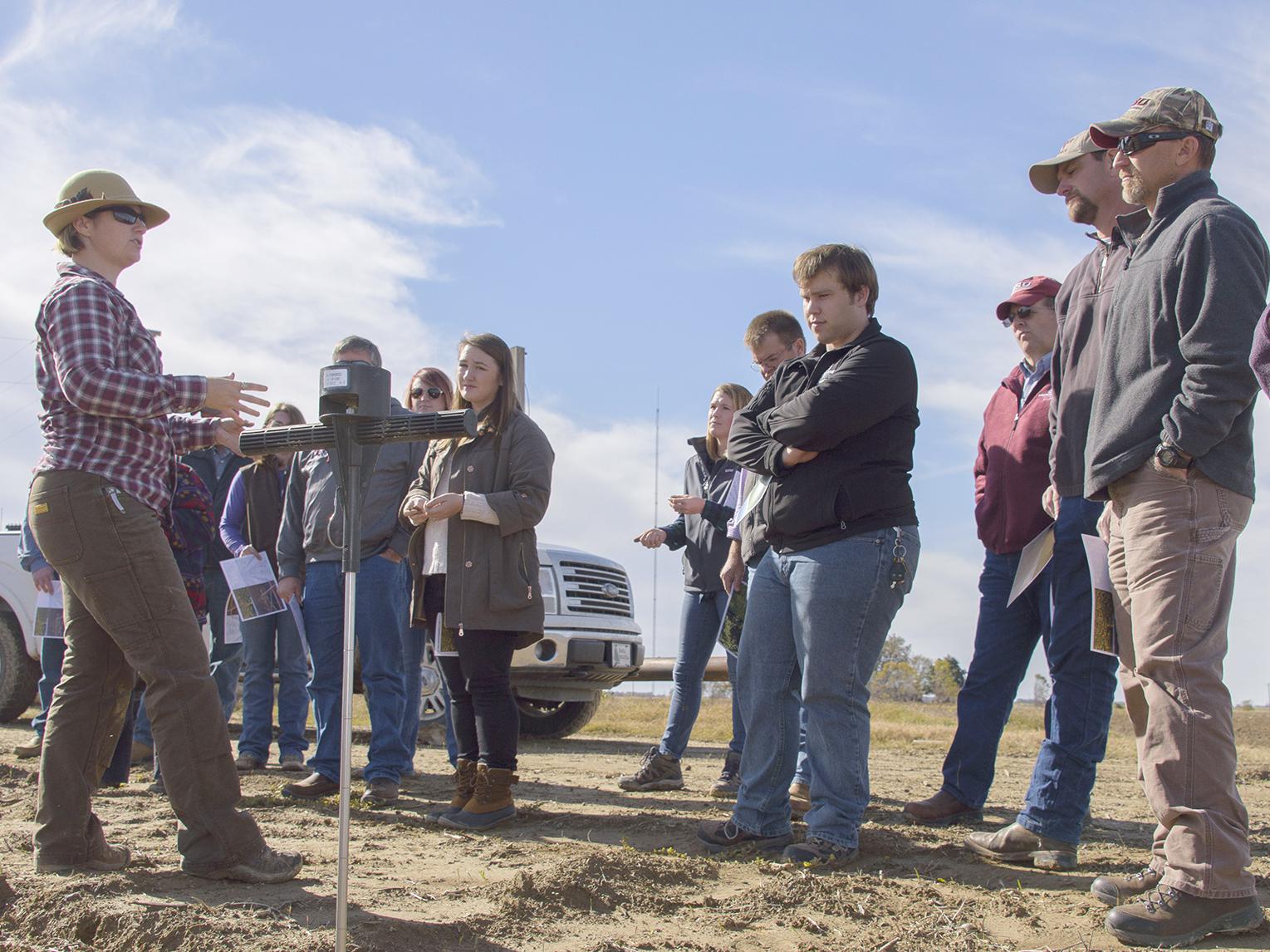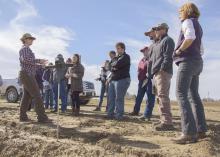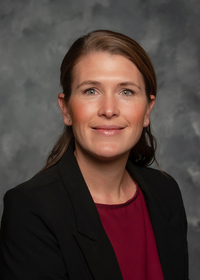Information Possibly Outdated
The information presented on this page was originally released on December 9, 2016. It may not be outdated, but please search our site for more current information. If you plan to quote or reference this information in a publication, please check with the Extension specialist or author before proceeding.
Programs help promote sustainable agriculture
SHAW, Miss. -- Efforts are underway to inform producers about incentives to encourage sustainable agricultural practices on farms across Mississippi.
Implementing sustainable agricultural practices requires short-term investments, and it takes time before producers will see tangible benefits. However, financial assistance is available to offset construction costs.This is the message USDA officials are delivering with the Sustainable Agriculture Research and Education program, which uses grants to support projects to educate producers about natural resource sustainability. The Mississippi State University Extension Service used such grant to develop and host a workshop Dec. 1-2 at the Delta Research Extension Center in Stoneville and multiple surrounding farms.
The purpose of the Sustainability Training in Agricultural Resources Systems workshop was to help Extension agents from MSU and Alcorn State University learn more about the ways landowners can protect soil, water and wildlife resources while still generating income from their land. Sixteen Extension agents from across the state attended the course to learn about conservation programs so they could pass the information along to landowners.
Beth Baker, an assistant Extension professor in the MSU Department of Wildlife, Fisheries and Aquaculture, said the workshop covered natural resource conservation practices that still allow producers to meet agricultural demands. She is the coordinator of the MSU Research and Education to Advance Conservation and Habitat program.
Agents received information on federal conservation programs, wildlife in private agricultural systems, the economics of conservation, and the role of private companies in managing conservation in agricultural landscapes. They also visited two farms in the Mississippi Delta to hear from producers who have implemented conservation practices, including cover crops, buffers and tailwater recovery systems.
“Some management changes don’t have to be major or costly in nature,” Baker said. “They can be as simple as reducing tillage or planting winter cover crops to improve water infiltration, decrease soil compaction and build the soil biology for the long term.”
Leslie Burger, an assistant Extension professor in the Department of Wildlife, Fisheries and Aquaculture, added that financial assistance programs like the ones USDA and other organizations offer recognize the need for producers to maintain profitable yields but also encourage long-term conservation planning.
“The measures producers may consider depend upon their individual issues and objectives. Financial assistance is available through farm bill programs to help offset the costs of implementing sustainable management practices on their land,” Burger said. “This Extension workshop is designed to train agents so they can help producers identify opportunities that are available and where landowners can get financial and technical assistance.
“A landowner may be spending money on seed or fertilizer in areas that might not be yielding high returns. One option they may have is to determine if that land is eligible for a farm bill conservation practice. That land could be taken out of production and planted to legumes or grasses for wildlife,” she added. “You could receive an incentive payment that would make more money by converting the land to wildlife habitat than by continuing to farm it.”
One workshop participant, Yazoo County Extension agent Phillip Vandevere, mentioned the Natural Resources Conservation Service Environmental Quality Incentives Program, which provides aid to producers for implementing practices that improve soil, water, plant, animal and air on agricultural and private forestland.
“Everybody wants to do the right thing and be better stewards to their land. There are different ways of living off the land, and these are better ways to take care of it to make sure it’s around for future generations,” he said. “We learned how important a holistic approach to management and conservation is and how the NRCS and various organizations and private companies can come together to make the best use of our land for years to come.”




